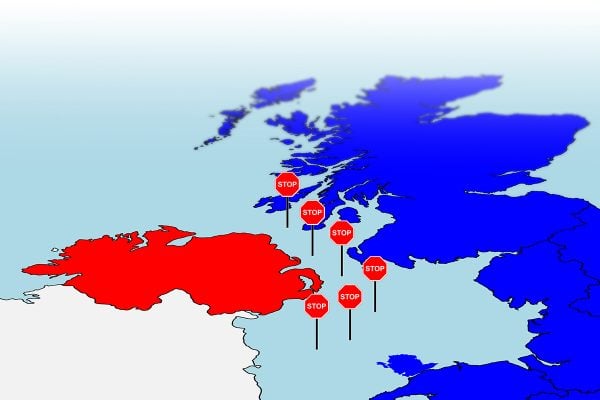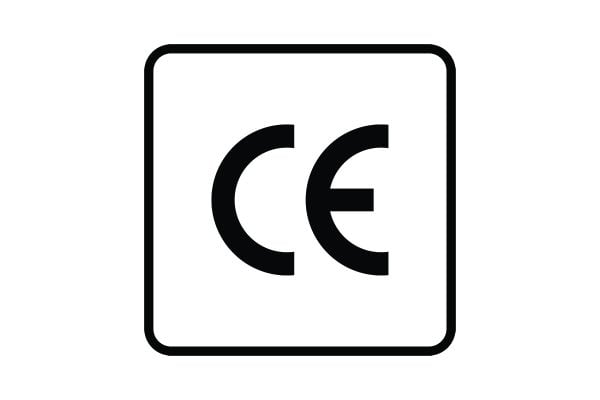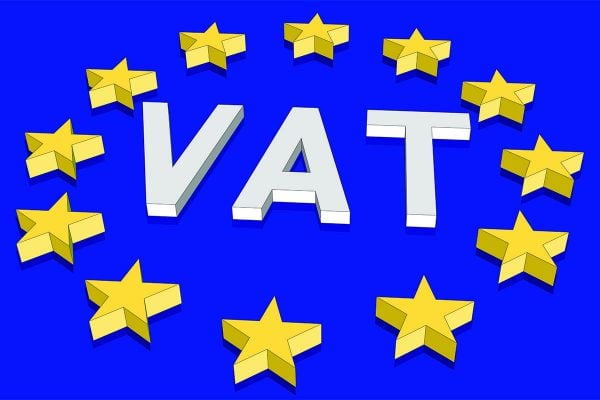The Brexit White Paper was published last Thursday in advance of the next round of Brexit negotiations between the UK and EU that commence again this week. Needless to say many things have happened in the 10 or so days since the British cabinet agreed this collective approach to Britain fully leaving the European Union at the end of 2020.
But enough of political chicanery and intrigue. What does the proposed arrangement (which is a basis for negotiations and not a final settlement) mean for marketplace merchants on an every day basis? In an ideal world, the terms of Brexit won’t have a detrimental impact on your global trade.
You can find the full text of the document here for your reading pleasure.
The new secretary of state for Brexit Dominic Raab made a statement to parliament on Thursday as he presented the White Paper. He noted that the plan would take the UK out of the Single Market and the Customs Union but the government wants to “maintain frictionless trade through a new UK-EU free trade area for goods underpinned by a common rule book”. Specifically, the White Paper also proposes a “Facilitated Customs Arrangement (FCA)”, which the UK government is positioning as a “business-friendly model that removes the need for new routine customs checks and controls between the UK and the EU, whilst enabling the UK to control its own tariffs to boost trade with the rest of the world”.
Ideally, the FCA mechanism will mean that sending goods as a merchant to EU countries post-Brexit will remain as easy and unfettered as it is now. That certainly does seem to be the objective but the details of how it might work practically are still unclear. The hoped-for operation is laid out on page 8: “the phased introduction of a new Facilitated Customs Arrangement that would remove the need for customs checks and controls between the UK and the EU as if they were a combined customs territory” and in the next section it says “in combination with no tariffs on any goods, these arrangements would avoid any new friction at the border.”
But commentary on the issues does seem to focus on bigger organisations and consignments sized by the container load rather than individual parcels in the mail or via courier.
Further comment on page 36 of the Brexit White Paper looks at online retail, but sadly when it comes to the free movement of anything, and it does specifically mention “e-commerce”, the free flow of data and information is more vital than that of your shipments. So there remains uncertainty there that marketplace retailers are seriously on the radar of the government.
All in all, the Brexit White Paper doesn’t answer many specific merchant practical concerns. So we wait to understand what a final deal might look like. If there there is a deal at all. Over the weekend there has been chatter that Brexit might falter altogether.
In a nod to that possibility, and uncertainty, Raab told parliament that all outcomes are under scrutiny and the cabinet has “agreed to step up planning for a no-deal scenario. So that the UK is ready for Brexit, no matter what the outcome of these negotiations.”
So, to a very great extent, we are none the wiser yet.








